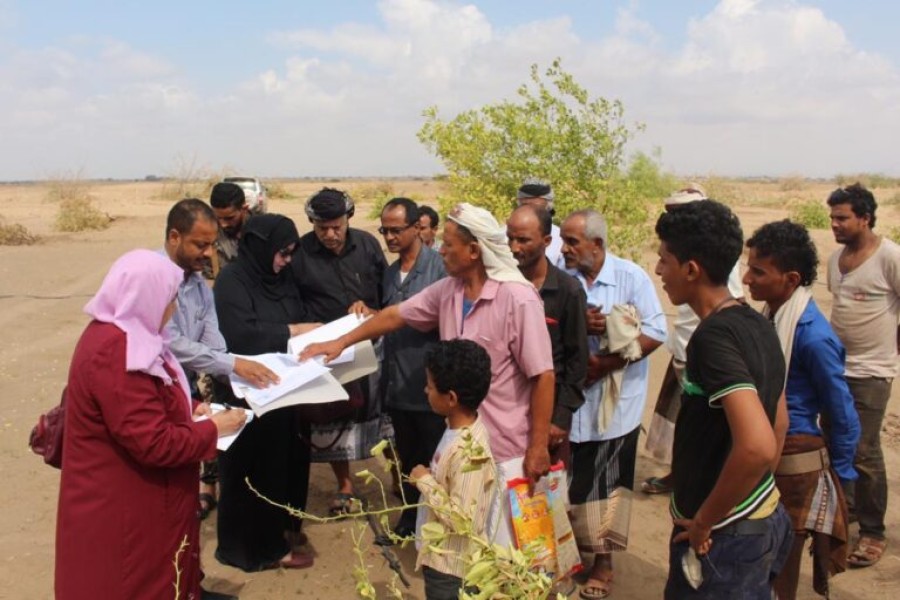Background: Fighting for Peace, Justice, and Accountability
Following the Yemeni uprising in 2011, the country underwent a series of political upheavals and cycles of violence that led to a full-scale civil war in 2014. The war escalated in 2015 when a Saudi-led coalition intervened on behalf of the internationally recognized government against Houthi rebels aligned with former President Ali Abdullah Saleh.
The war has resulted in over 350,000 deaths, more than half of which are linked to indirect causes such as starvation and a lack of health care. Around 4 million people have been displaced. Even before the war, Yemen was the poorest country in the Arab world. The situation in the country is now considered the worst humanitarian crisis on earth.
A UN-brokered truce between the internationally recognized government and the Houthi rebels that took effect in April 2022 has reduced the intensity of fighting, but the warring parties failed to reach an agreement to extend the truce before it expired on October 2. However, warring parties repeatedly violated the ceasefire and refused to acknowledge the abuses they committed, making it difficult for victims to believe that it would lead to a permanent peace agreement, and that they would one day find justice and redress.
The conflict has considerably weakened Yemen’s judicial system, which has been attacked and whose members have been threatened. Moreover, the current government lacks effective authority to protect and uphold it. Substantive reforms to strength the judiciary’s independence and build its capacity for transitional justice are of utmost importance.
The work of local and international human rights groups remains robust and vital. In addition to providing lifesaving support, human rights groups in Yemen are documenting abuses and violations, which will be essential to any accountability and reconciliation measures in the war-torn country.
The only local accountability mechanism in Yemen is the National Commission to Investigate Alleged Violations to Human Rights (National Commission), which was established in 2012 by Presidential Decree No. 140. The commission is mandated to investigate violations of human rights and international humanitarian law since 2011.
